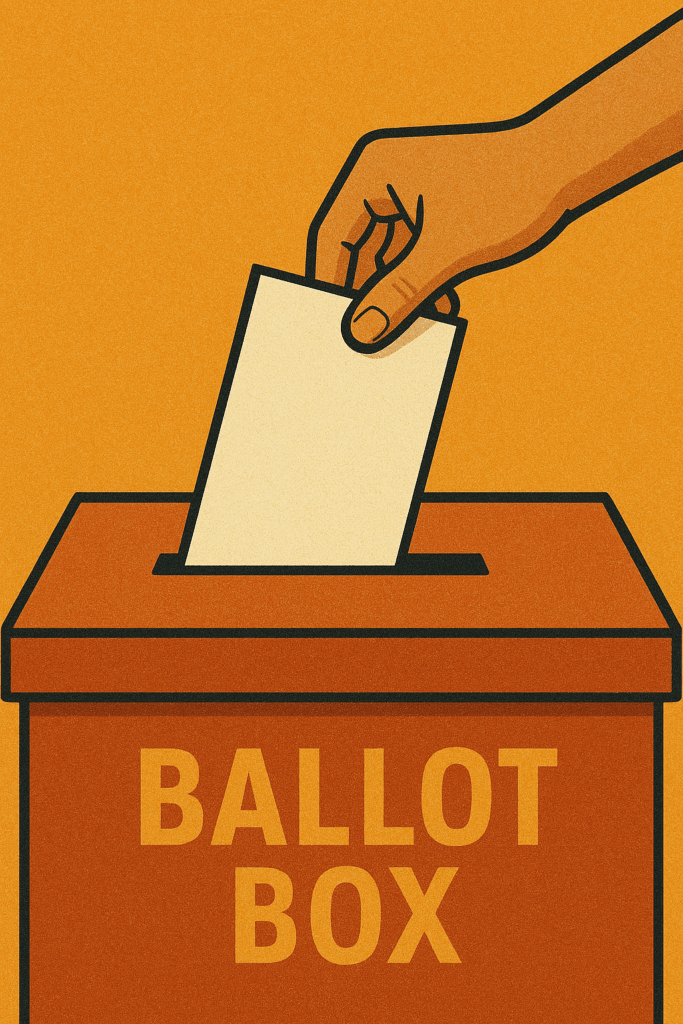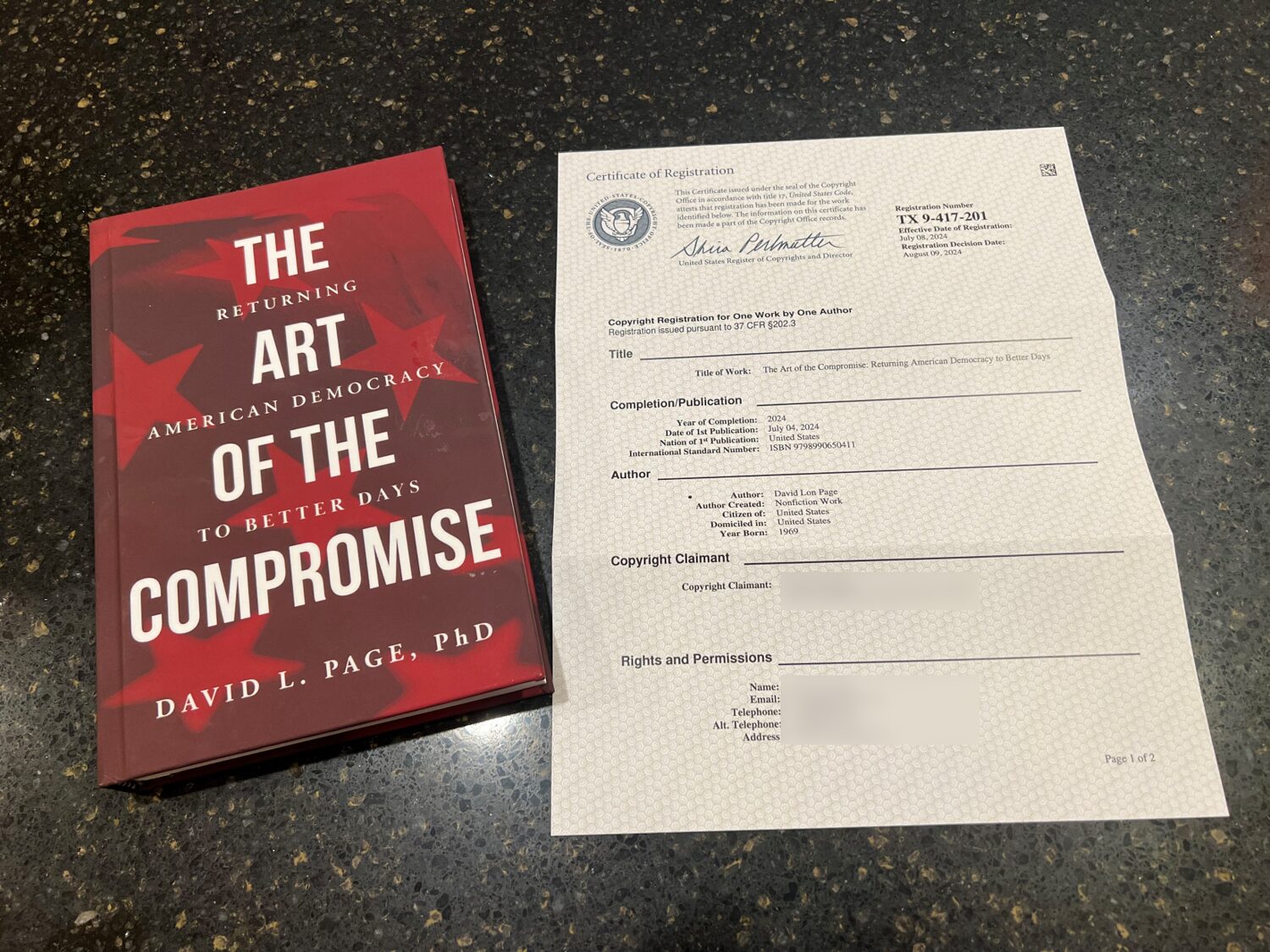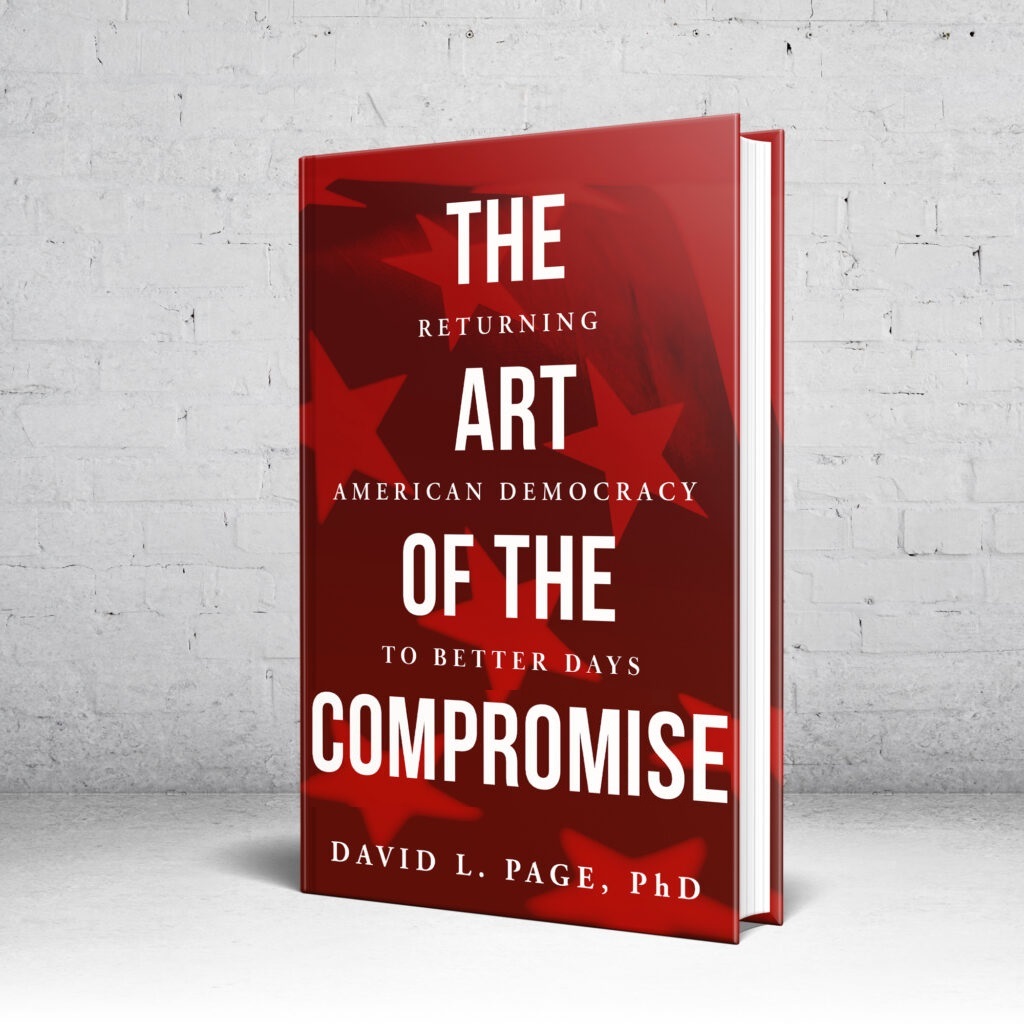Open or closed political primaries? Tennessee Republicans stand at a crossroads. One path narrows the electorate in pursuit of ideological purity. The other path preserves the broad coalition that has carried conservative governance across Tennessee for more than two decades. The first path feels safe. The second path delivers victories.
This choice is not about loyalty, courage, or “seriousness.” This choice concerns whether Republicans want to function like an American governing coalition or a European ideological club. That distinction determines whether the party grows or contracts.
The argument for open primaries begins with structure, not sentiment.
The American System Rewards Breadth
Political parties serve different purposes in different systems. European democracies use proportional rules. A party with twelve percent of the vote receives twelve percent of the seats. Purity strengthens negotiating leverage. Coalitions form after the election.
The United States produces the opposite incentive.
Our majoritarian structure—single-member districts, winner-take-all rules, and separated powers—forces coalition-building before the election. Maurice Duverger saw that pattern. Giovanni Sartori explained why broad coalitions stabilize majoritarian systems. Arend Lijphart contrasted this design with Europe’s consensus democracies.
The conclusion remains simple:
European parties reflect identity.
American parties assemble majorities.
A Republican Party in Tennessee succeeds by gathering suburban professionals, rural farmers, small-business owners, evangelicals, business conservatives, libertarians, and the many right-leaning independents who vote Republican in November even if they never write “Republican” on a form. That range is not weakness. That range is the structural requirement for governance.
Open primaries keep this coalition intact. Closed primaries narrow it.
Crossover Voting Exists — Without Creating a Crisis
Crossover voting is real. Any honest argument must say so. Some Democrats choose a Republican ballot. Some independents vote where the contest matters.
However, decades of research reveal three realities:
- Strategic crossover voting is small, usually 1–5 percent.
- Most crossover voters are sincere, not saboteurs.
- Closing the primary does not stop determined crossover voters, because they simply re-register in advance.
A closed primary mainly removes honest, right-leaning Tennesseans who vote Republican in November but have not registered with a party. Those voters include younger conservatives, business conservatives, transplants from other states, and suburban families who support Republicans in general elections.
A smaller electorate does not block strategic behavior. A smaller electorate magnifies its impact.
Purity Spirals Fracture Coalitions
Many conservatives want ideological clarity. That instinct is honorable. However, purity tests multiply until they contradict one another.
A true Republican must be pro-life. Then the requirement expands. A true Republican must oppose every tax increase. Then the list grows. A true Republican must support tariffs. A true Republican must oppose tariffs. The contradictions accelerate. Membership shrinks.
No Republican president of the modern era—Reagan, Eisenhower, or Trump—meets the maximal litmus tests that circulate today.
Closed primaries accelerate this spiral by shrinking the audience to the most activated voices. A party cannot govern a diverse state by producing show-dog candidates who win a ribbon in a small room and lose the confidence of the larger coalition outside it.
The Working Dog and the Show Dog
The dog analogy captures the difference between open and closed primaries.
A show dog lives to impress judges. It wins trophies by perfect posture, perfect pedigree, and perfect obedience to narrow expectations. That dog earns applause in a ring but struggles on the ranch.
A working dog earns trust by range, resilience, and performance. A working dog succeeds because it adapts to the field, reads the terrain, and keeps the herd moving in the same direction.
Closed primaries create show-dog incentives: maximum display, minimum versatility.
Open primaries create working-dog incentives: strength, adaptability, and real-world capacity.
The question becomes unavoidable:
Is the Republican Party breeding champions for a stage—or partners for the field?

The Peacock Effect: Why Closed Primaries Distort Incentives
A closed primary treats the election like a small auditorium filled with judges grading performance. Candidates respond to those incentives. They escalate rhetoric, sharpen performance, and elevate display above persuasion.
This pattern has a name: the Peacock Effect—the incentive to show off for a narrow audience while losing the broader electorate that actually determines governing power.
For readers who want a deeper dive into this argument, I explored the evidence and history behind this dynamic in a separate essay:
“The Peacock Problem: Why Closed Primaries Create Beautiful Losers”
https://www.warpedminds.io/2025/11/22/the-peacock-problem-why-closed-primaries-create-beautiful-losers/
Under Tennessee’s plurality rules, the danger intensifies. In a crowded field, a faction with roughly thirty percent of the vote can capture a nomination in a closed primary. A broader electorate reduces the likelihood of factional capture and increases the probability that the nominee resembles the coalition required to win in November.
Open primaries widen incentives.
Closed primaries distort them.
Tennessee Already Has a Conservative, Honest System
Tennessee does not use party registration. Tennessee uses party declaration—a sworn statement of intent. That design has three advantages:
- It preserves access for the entire conservative coalition.
- It enforces honesty through oath and misdemeanor penalty.
- It aligns the primary electorate with the general electorate.
This structure is not accidental. This structure is the system under which Republicans built their modern statewide strength. Open primaries did not weaken Republicans. Open primaries strengthened them.
The law also provides tools conservatives rarely use:
- Poll workers may issue challenges.
- Voters must affirm intent to affiliate.
- Fraudulent declarations carry a penalty.
Before changing the structure, conservatives should use the tools already available.
Broad Coalitions Build Durable Governance
A Republican majority does not endure because of strong partisans alone. A durable coalition includes lean Republicans, soft Republicans, swing voters who break right, and unaffiliated conservatives who vote Republican in November even if they never register with a party.
A narrow primary excludes many of those voters.
A broad primary includes them.
A nominee chosen by a broad coalition enters office with legitimacy, authority, and the ability to govern. A nominee chosen by a narrow electorate enters office with turf battles, suspicion, and a ceiling on persuasion.
Breadth builds the future.
The Choice Ahead
The Republican Party in Tennessee can function as:
A small club of the pure, selected by a shrinking electorate, chasing momentary purity; or
A broad coalition, assembled through open primaries, capable of governing a diverse state.
Purity wins applause.
Breadth wins elections.
Coalitions make laws.
A closed primary may deliver short-term control for a small group.
An open primary preserves long-term conservative governance for the next generation.
That choice shapes the Tennessee our children inherit.
Disclaimer: This post was prepared with editorial help from ChatGPT, my unpaid research assistant who never sleeps, never complains, and never once tried to close a primary. Any errors belong to me. The jokes are shared responsibility.


